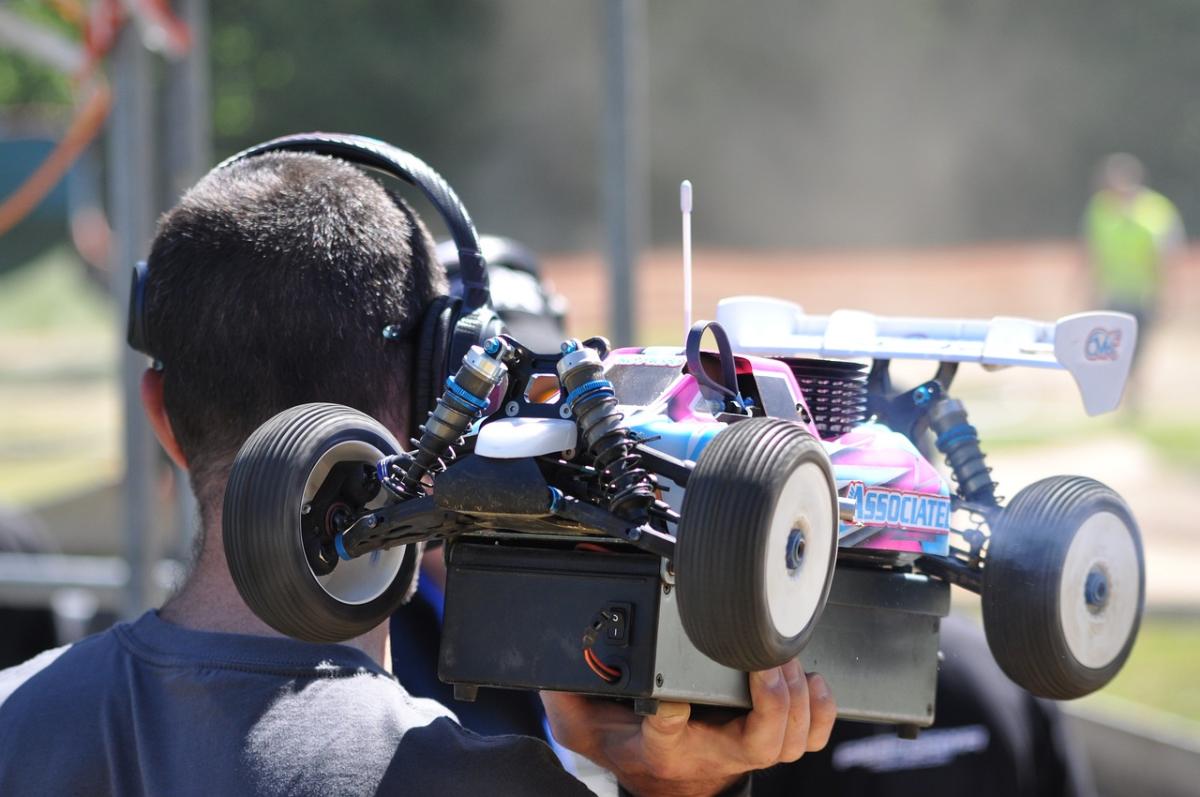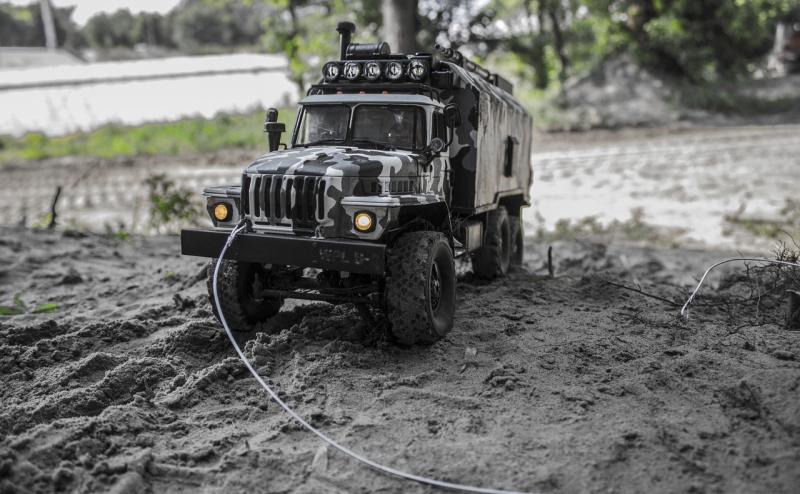Once you have your RC car, it's essential to familiarize yourself with its components. Understanding how the battery, motor, and remote control work together is crucial for optimizing your performance on the track. Spend some time reading the manual and watching tutorial videos online. This knowledge will boost your confidence and help you troubleshoot any issues that may arise during your RC racing sessions.
Next, it's time to practice! Find a local track or an open area where you can safely test your car. Start with basic maneuvers, like accelerating, braking, and turning. As you gain more experience, try practicing different racing techniques, such as cornering and drifting. Remember, practice makes perfect, and the more time you spend on the track, the better you’ll become at RC racing.
Lastly, consider joining an RC racing community. Connecting with fellow enthusiasts can provide you with valuable insights, tips, and support. You can participate in local races, attend events, and even learn from experienced racers. Being part of an RC racing community will not only enhance your skills but also make the experience more enjoyable and fulfilling.
Choosing the Right RC Vehicle
Next, consider the skill level you possess. If you’re a beginner, you might want to start with a ready-to-run (RTR) model. These vehicles come pre-assembled and are perfect for those just learning the ropes of rc racing. However, more experienced racers may want to look into kits that require assembly, allowing for customization and upgrades. This hands-on approach can be both rewarding and educational, giving you a deeper understanding of how your vehicle operates.
Another important factor is the type of power system the vehicle uses. Electric RC cars are typically quieter and easier to maintain, making them great for newcomers. On the other hand, nitro-powered vehicles can offer higher speeds and longer run times, which might appeal to more seasoned racers. Whichever option you choose, ensure it aligns with your racing goals and preferences.
Lastly, don’t forget to consider the size and scale of the vehicle. Smaller scale cars are generally more suited for tight indoor styles, while larger models excel outdoors. Pay attention to the vehicle's durability as well; a more robust car can withstand crashes and rough terrain, which is often a part of the exhilarating experience of rc racing. Balancing these factors will lead you to the perfect RC vehicle that matches your racing ambitions.
Essential Tips for Beginners
Starting your journey in rc racing can be both exciting and overwhelming. Here are some essential tips to help you get on track and boost your confidence as you dive into this thrilling hobby. By following these guidelines, you'll not only enhance your skills but also enjoy the racing experience more fully.
First and foremost, invest in a good quality beginner-friendly RC car. Look for models that are durable and come with a ready-to-run (RTR) package, meaning they include everything you need to get started right out of the box. It's important to choose a car that suits your preferred style of rc racing, whether on-road or off-road. Doing a bit of research and reading reviews can help you make an informed decision that fits your needs.
Practice makes perfect! Spend time getting familiar with your RC car's controls and handling. Start on open, flat surfaces and gradually progress to more challenging environments. This will allow you to learn how your car responds to different terrains and conditions. Don't be afraid to crash; it's all part of the learning process in rc racing. Each mistake teaches you something valuable about handling and control.
Joining a local RC racing club can enhance your experience and provide you with valuable insights. Meeting fellow enthusiasts allows you to learn tips and tricks from more experienced racers, exchange ideas, and even share your passion for rc racing. Additionally, participating in events or practice sessions can motivate you to improve, as you'll have the chance to compete and enjoy the camaraderie of fellow racers.
Lastly, make sure to maintain your equipment properly. Regularly check your RC car for loose parts, clean it after races, and ensure that the battery is properly charged. Understanding basic maintenance routines will help extend the life of your car and improve its performance on the track. Embrace the journey, and soon you'll find yourself becoming a skilled participant in the world of rc racing.
Improving Your Racing Skills
One effective way to enhance your skills is to analyze your performance. Keep a racing log where you record your lap times, track conditions, and any issues you encountered. Watching videos of your races can also provide valuable insights. Observe areas where you can improve, such as your racing line or braking points. Comparing your performance against skilled racers can further highlight your strengths and weaknesses.
Another crucial factor in mastering rc racing is learning from others. Connect with fellow racers in your community or online forums. Ask for tips, share experiences, and even participate in practice sessions. Emulating the techniques of experienced drivers can help you grasp advanced driving skills more quickly. Don't hesitate to reach out; the rc racing community is often welcoming and eager to share knowledge.
Finally, invest time in understanding your rc car. Familiarize yourself with its components and how they affect your performance. Tuning your car for optimal handling and speed can dramatically improve your racing capabilities. Experiment with different setups and modifications to find what works best for your driving style. A well-tuned car is just as important as a skilled driver in the world of rc racing.



